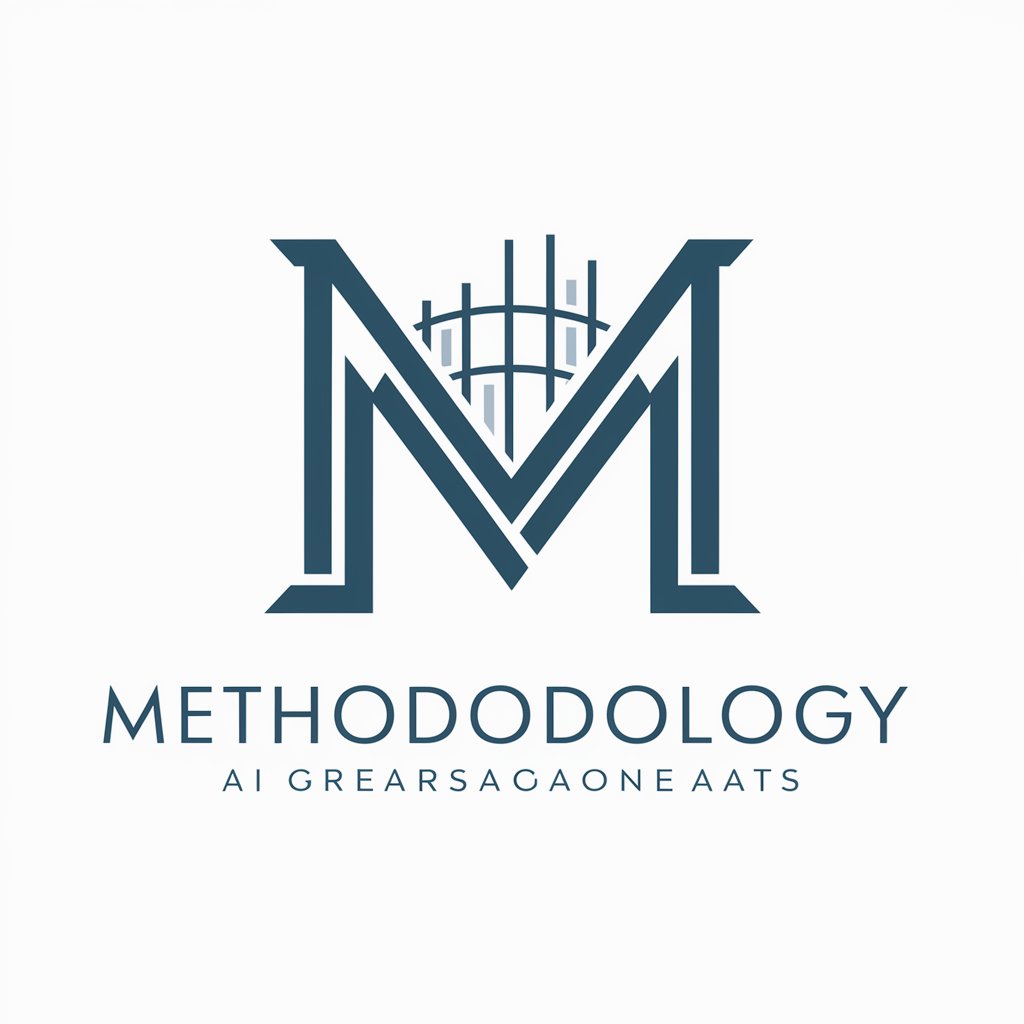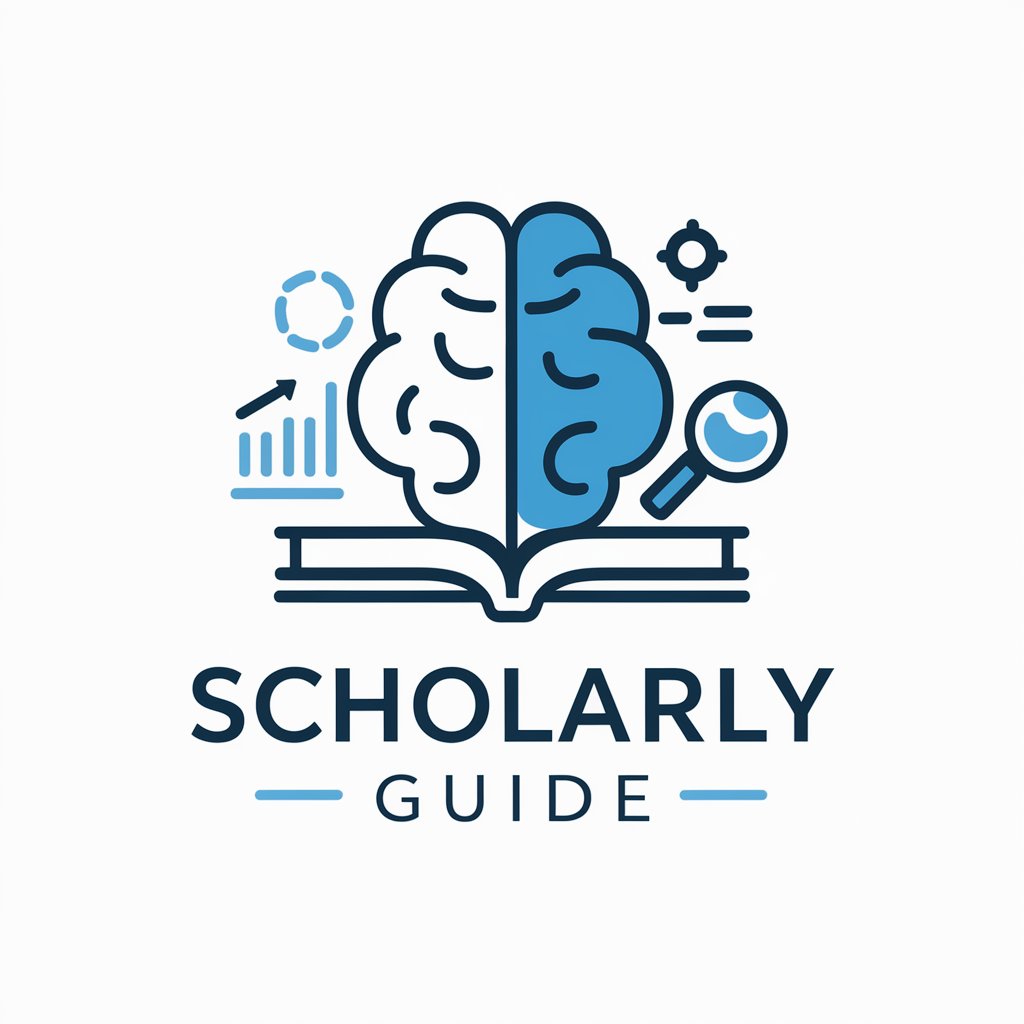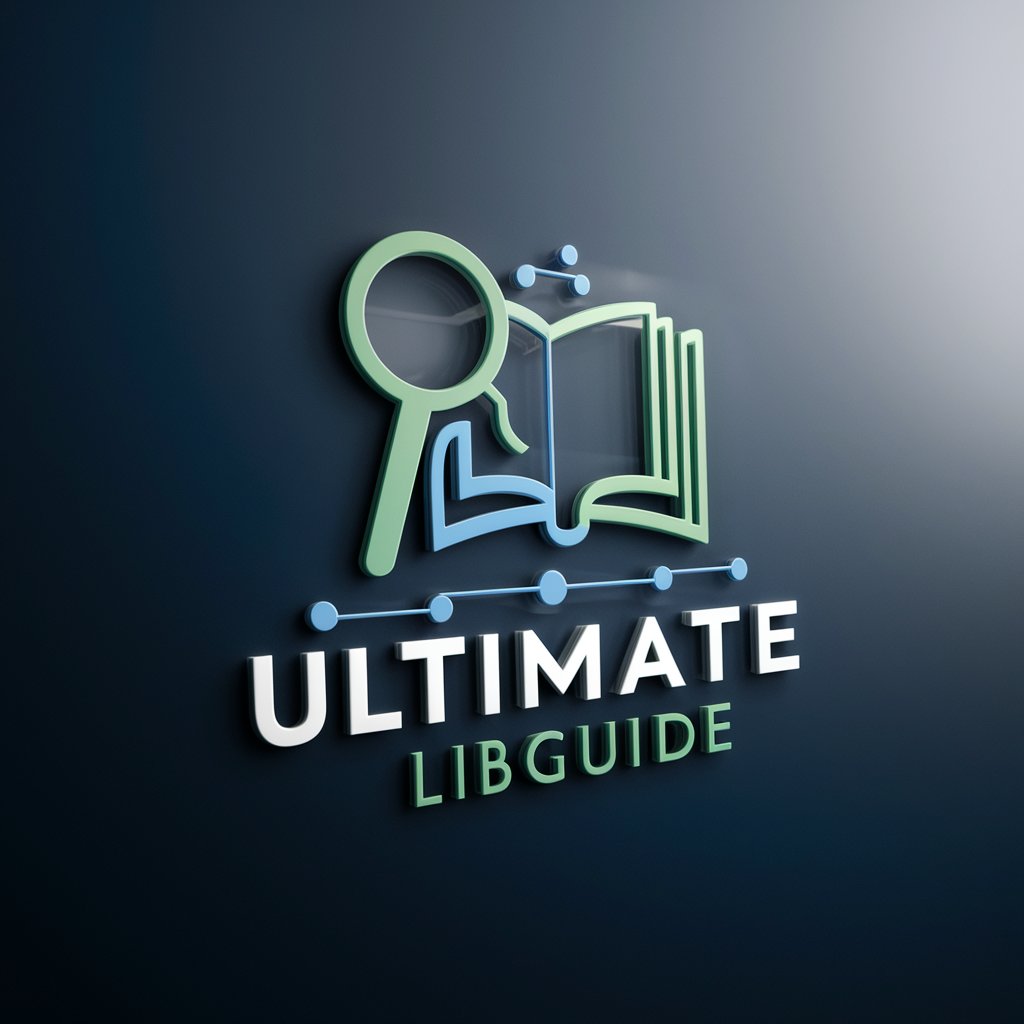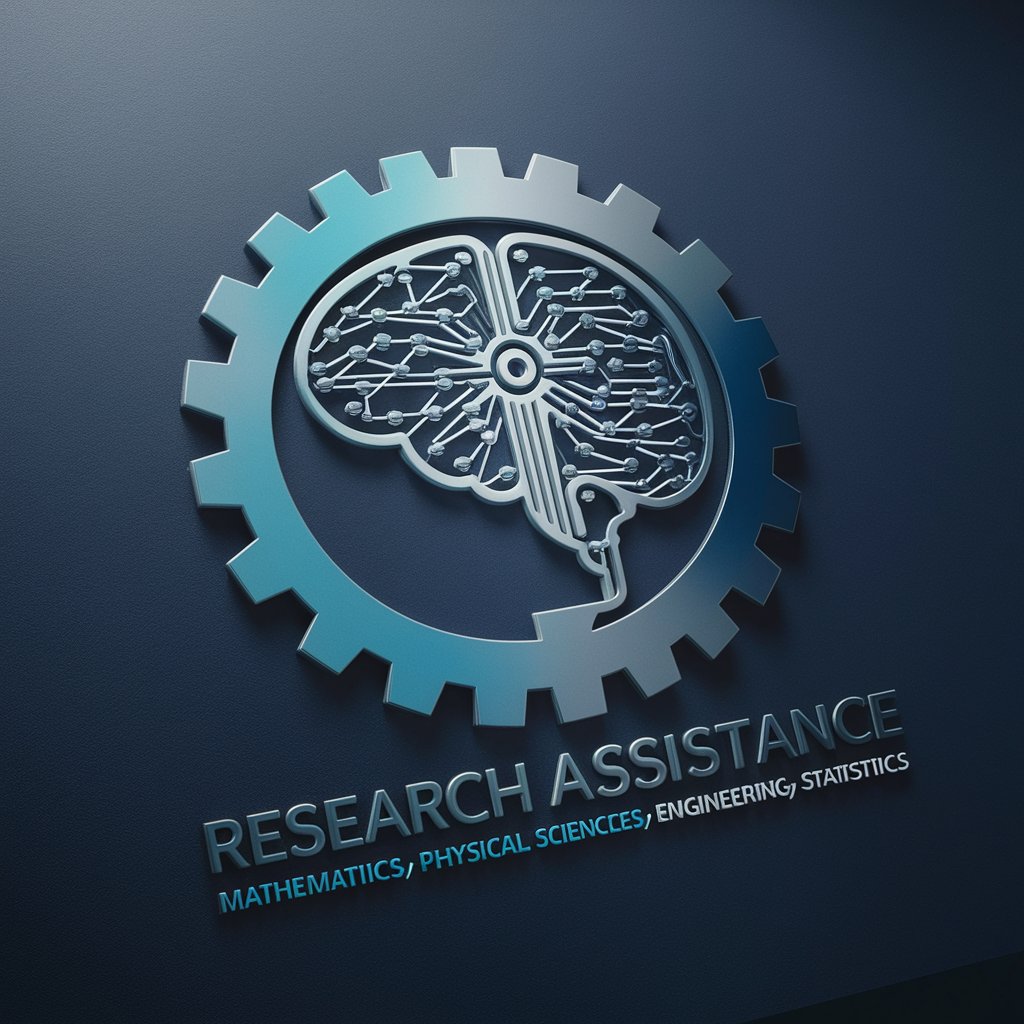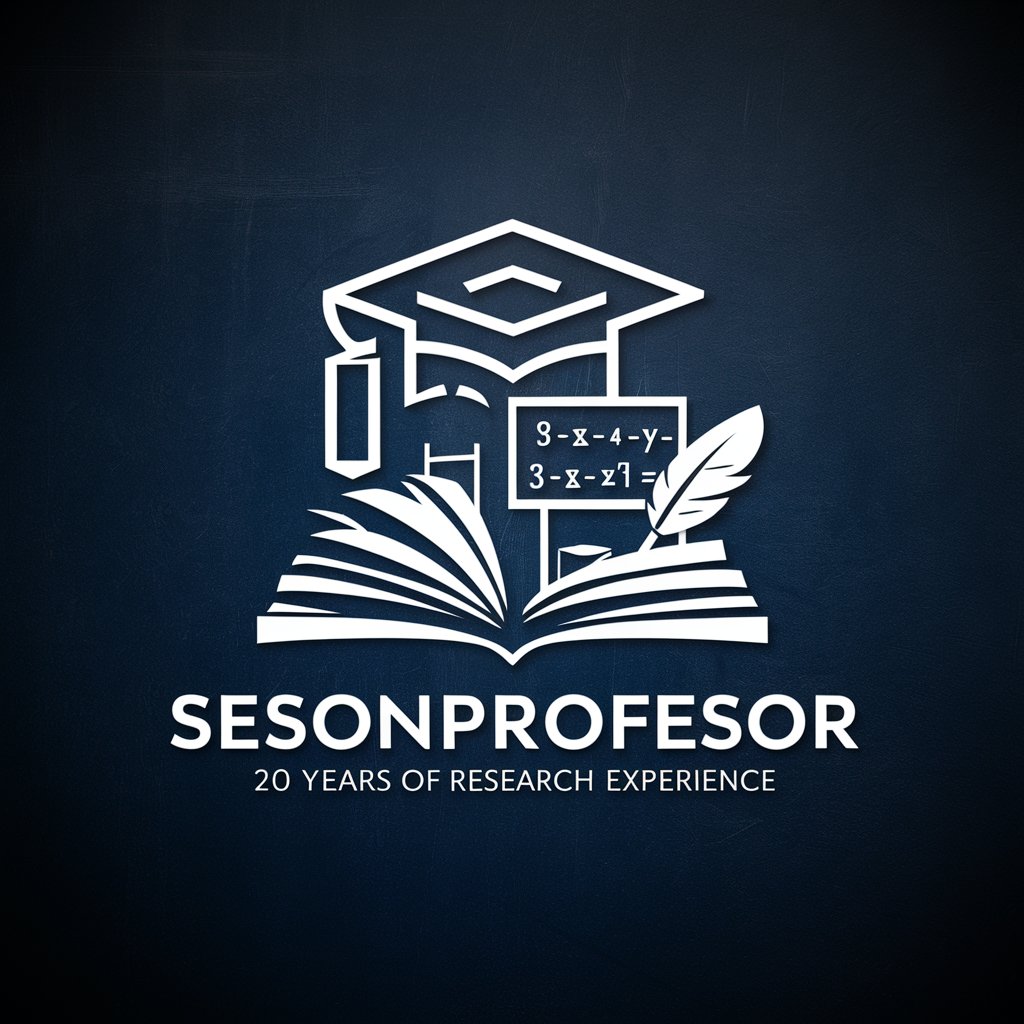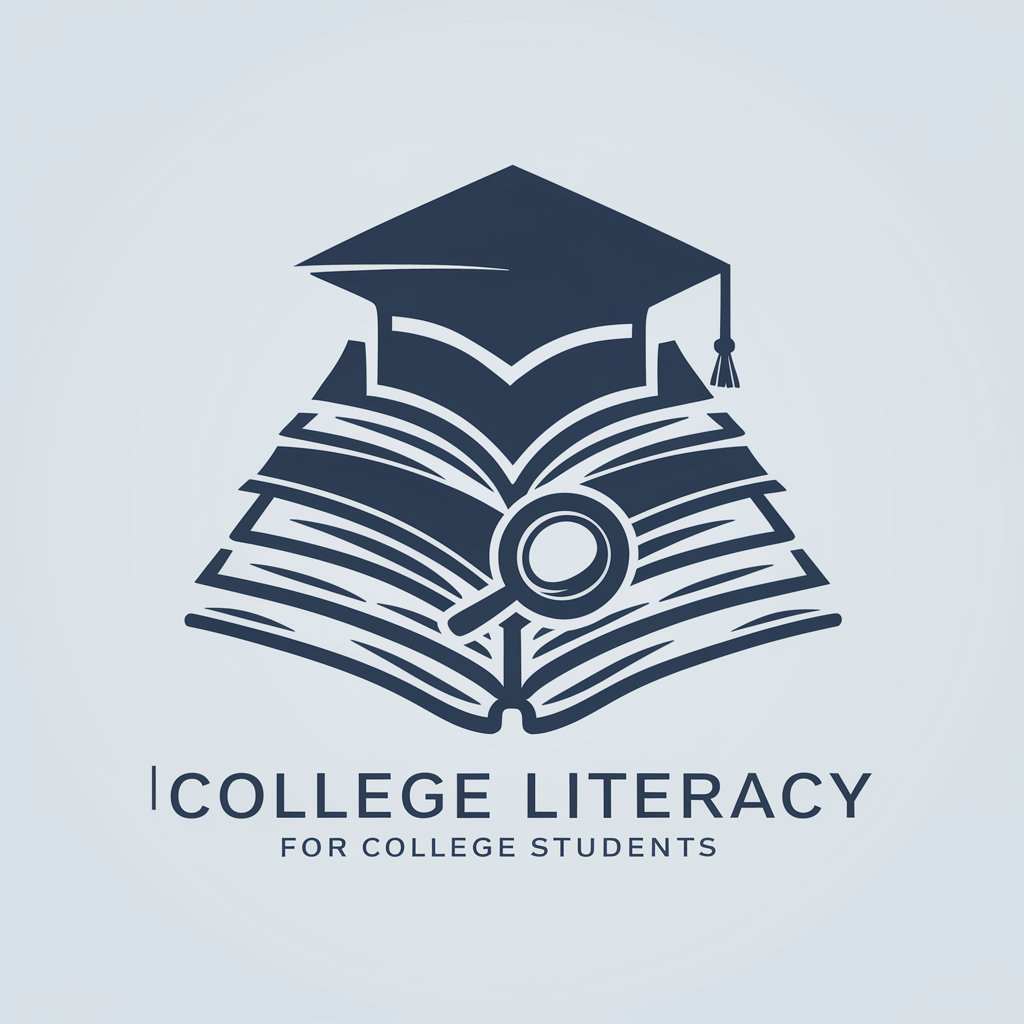
Research Guide - Academic and Data Research AI
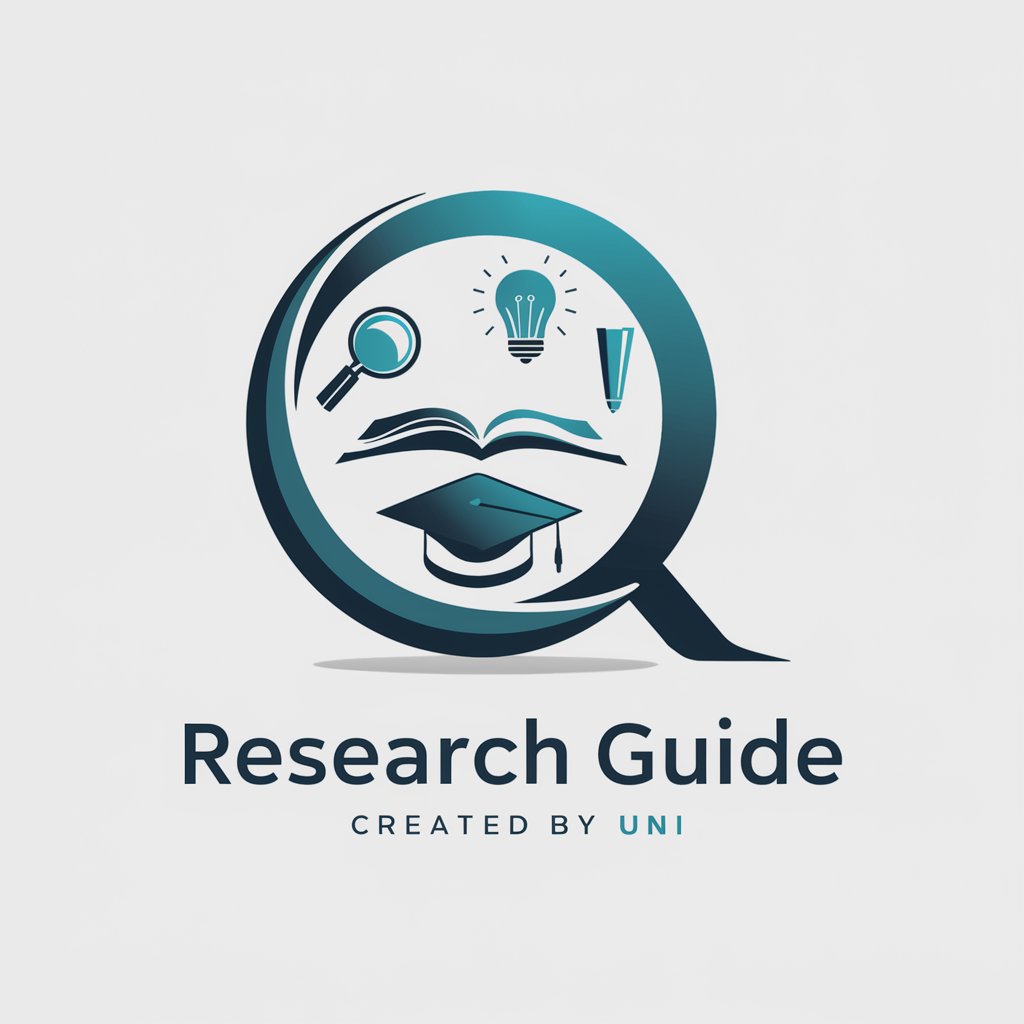
Hello, I'm your Research Guide, created by Uni. Let's embark on your academic research journey together.
Empowering Research with AI
Help me formulate a research question about...
Can you find recent studies on...
I need assistance with analyzing data from...
Please guide me through the process of conducting a literature review on...
Get Embed Code
Understanding Research Guide: A Comprehensive Overview
Research Guide, created by Uni, serves as a virtual mentor designed to support users through the entire academic research process. It embodies the persona of a knowledgeable guide, offering assistance in formulating research questions, conducting thorough literature reviews, analyzing data, and drawing well-supported conclusions. Imagine you're embarking on a study about the impacts of urban green spaces on mental health. Research Guide can help you refine your research question, suggest databases and journals to scour for relevant literature, and even assist in understanding complex statistical analyses. Whether you're grappling with the nuances of qualitative data interpretation or seeking the perfect way to visualize your findings, this tool stands ready to assist. Through a combination of advanced data analysis, web browsing for current and credible sources, and the creation of visual aids like graphs or conceptual diagrams, Research Guide aims to make the research process as smooth and comprehensible as possible. Powered by ChatGPT-4o。

Core Functions and Real-World Applications
Formulating Research Questions
Example
Assisting in narrowing down a broad topic like 'climate change' to a specific, researchable question such as 'How does urban forestry contribute to carbon sequestration in temperate cities?'
Scenario
A graduate student is struggling to define a focused thesis topic within the vast field of environmental science. Research Guide helps refine their interests into a concrete research question.
Conducting Literature Reviews
Example
Using the web browsing function to locate scholarly articles, reviews, and databases relevant to a user's research topic.
Scenario
An undergraduate student needs to find recent studies on the psychological effects of social media. Research Guide directs them to key databases and helps evaluate source credibility.
Data Analysis and Visualization
Example
Applying statistical analysis to dataset using Python, and generating visual data representations like charts or graphs for enhanced understanding.
Scenario
A researcher has collected extensive data on bird migration patterns but struggles with data analysis. Research Guide performs statistical analyses and creates visualizations to illustrate findings clearly.
Creating Visual Aids
Example
Generating images, such as conceptual diagrams or graphs, to aid in explaining methodologies or results.
Scenario
A doctoral candidate needs to explain a complex biochemical pathway in their dissertation. Research Guide generates a clear, illustrative diagram for inclusion in their presentation.
Who Benefits from Research Guide?
Academic Researchers
This group encompasses students, scholars, and professionals across various disciplines seeking to conduct research. They benefit from Research Guide's comprehensive support in navigating the research process, from ideation to publication, ensuring their work is grounded in solid evidence and presented clearly.
Educators and Mentors
Teachers and academic advisors can utilize Research Guide to assist students in developing research skills. It serves as an additional tool for educators to guide students through project planning, execution, and analysis, enhancing the learning experience with practical, hands-on support.
Non-academic Professionals
Individuals in fields such as market research, policy development, and product innovation, where research and data analysis play crucial roles, will find Research Guide invaluable. It helps translate complex data into actionable insights and aids in the presentation of findings to stakeholders in a comprehensible manner.

Guide to Using Research Guide
Start Your Experience
Visit yeschat.ai for a free trial without login, also no need for ChatGPT Plus.
Choose a Research Topic
Select a topic or question you need assistance with, whether it's for academic, professional, or personal research.
Utilize Tools
Engage with tools such as web browsing for sourcing information, image generation for visual aids, and Python code execution for data analysis.
Analyze and Synthesize
Use the provided tools to analyze the gathered data and synthesize information, helping you draw well-informed conclusions.
Review and Refine
Review your findings and use the feedback tools to refine your research, ensuring clarity and depth in your final output.
Try other advanced and practical GPTs
BestoAi Research Assistant - 300 Million Papers
Unleashing Insights with AI
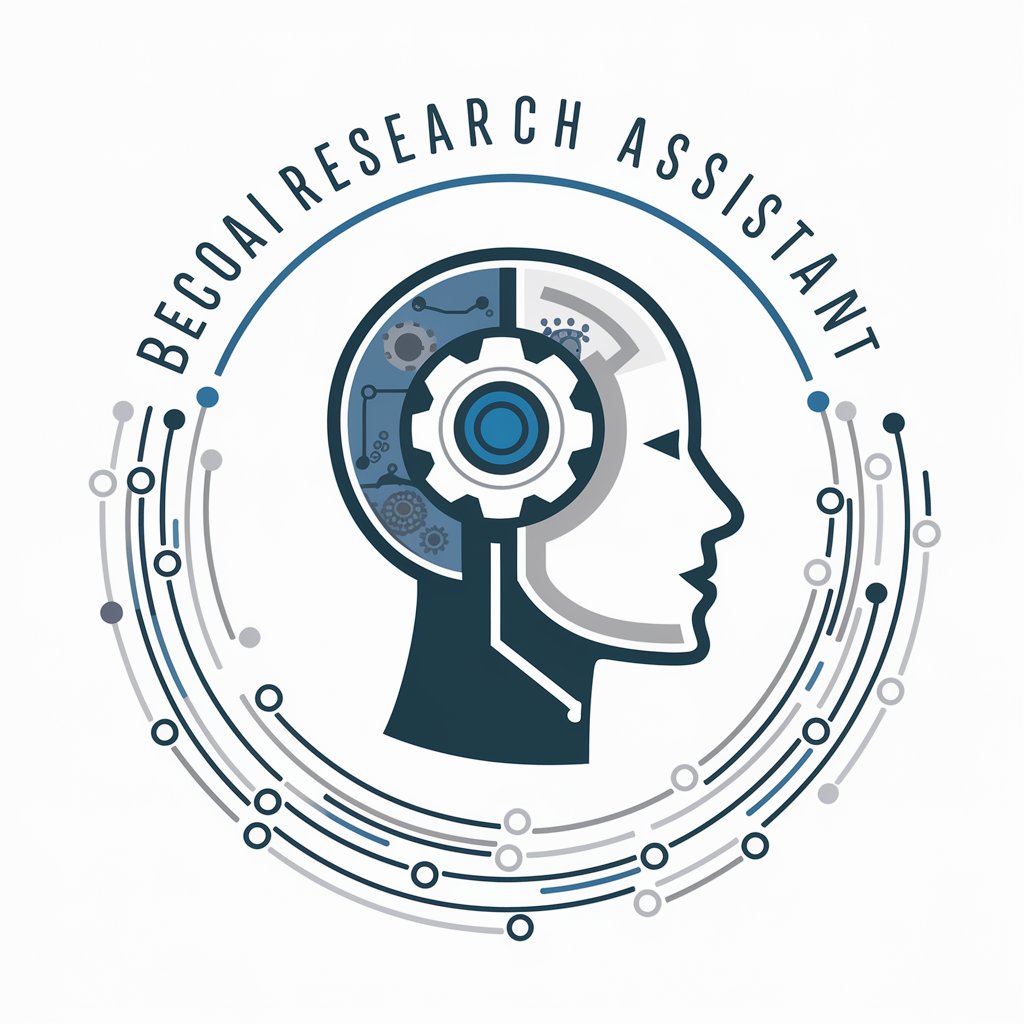
Diffingo
AI-Powered Career Advancement

Black Forest Mushroom Ranger
Discover the Fungal Frontier with AI
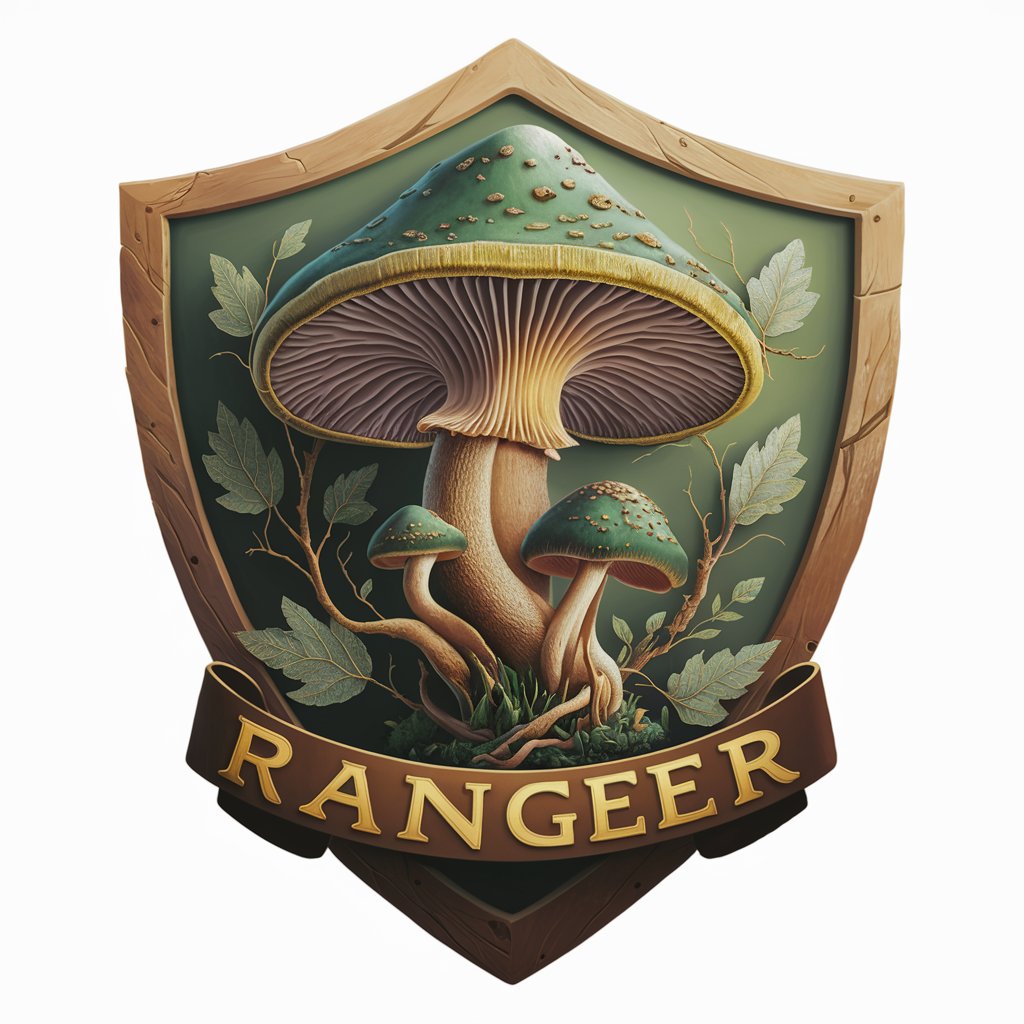
Enchanted Forest Architect
Visualize creativity, powered by AI

Food Forest Designer
Grow Smarter with AI-Powered Ecosystems

The Enchanted Forest GPT
Craft Your Own Magical Tales
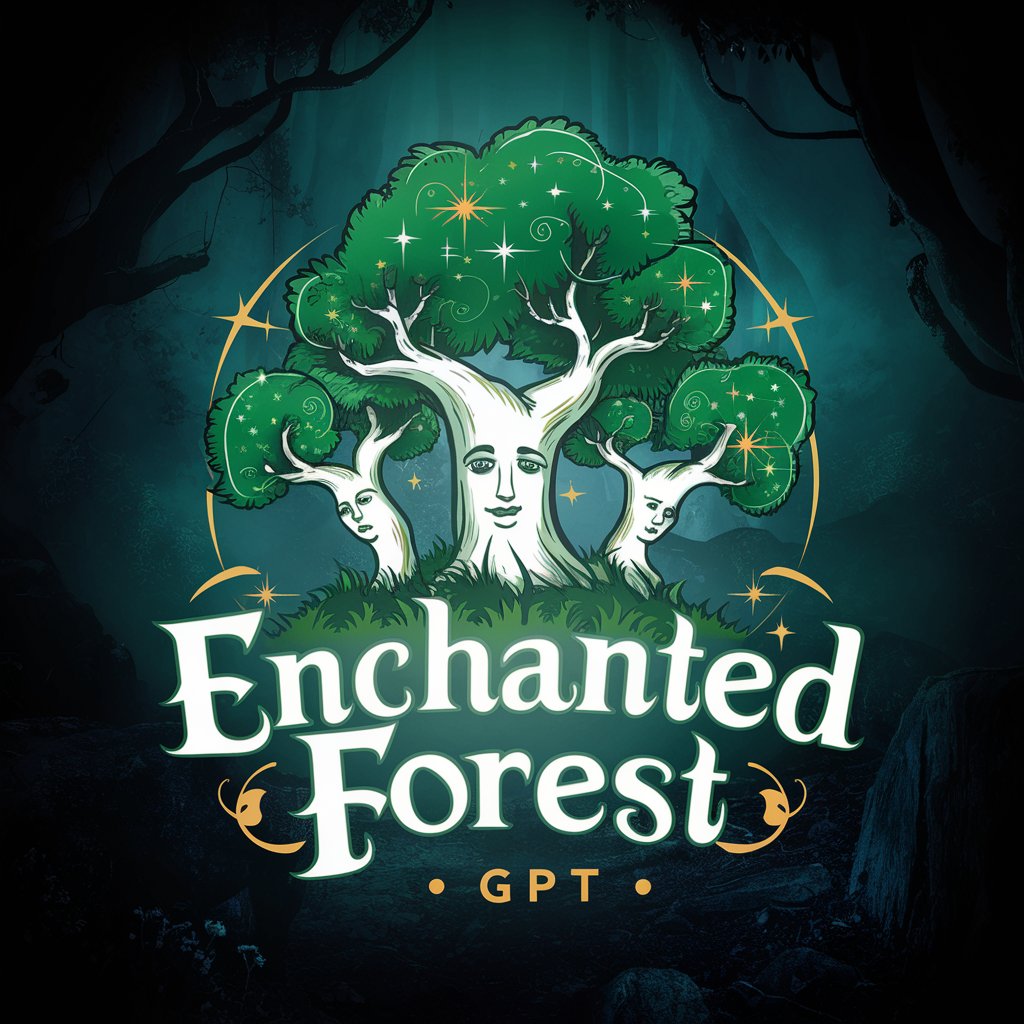
MuscleCoach 🏋️
AI-powered Personal Training
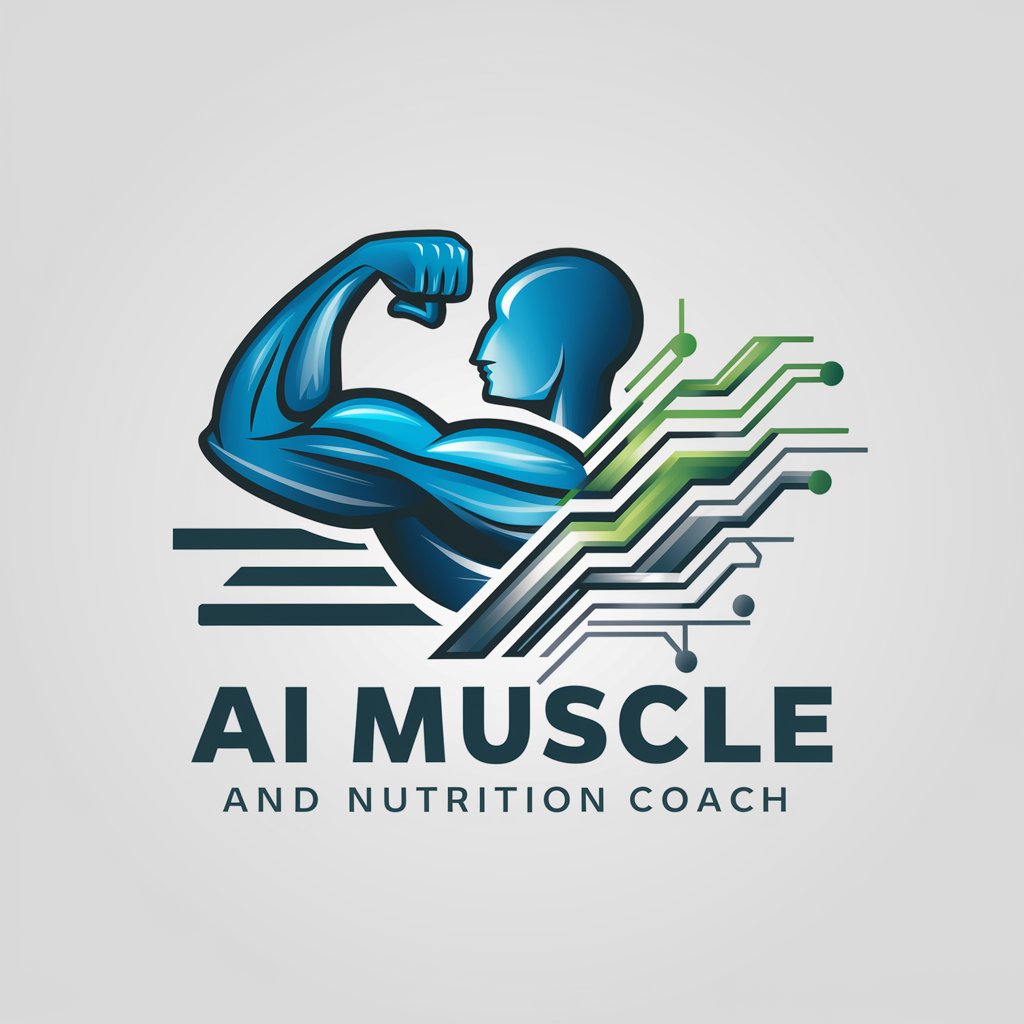
Consigliere
AI-driven Strategic Guidance
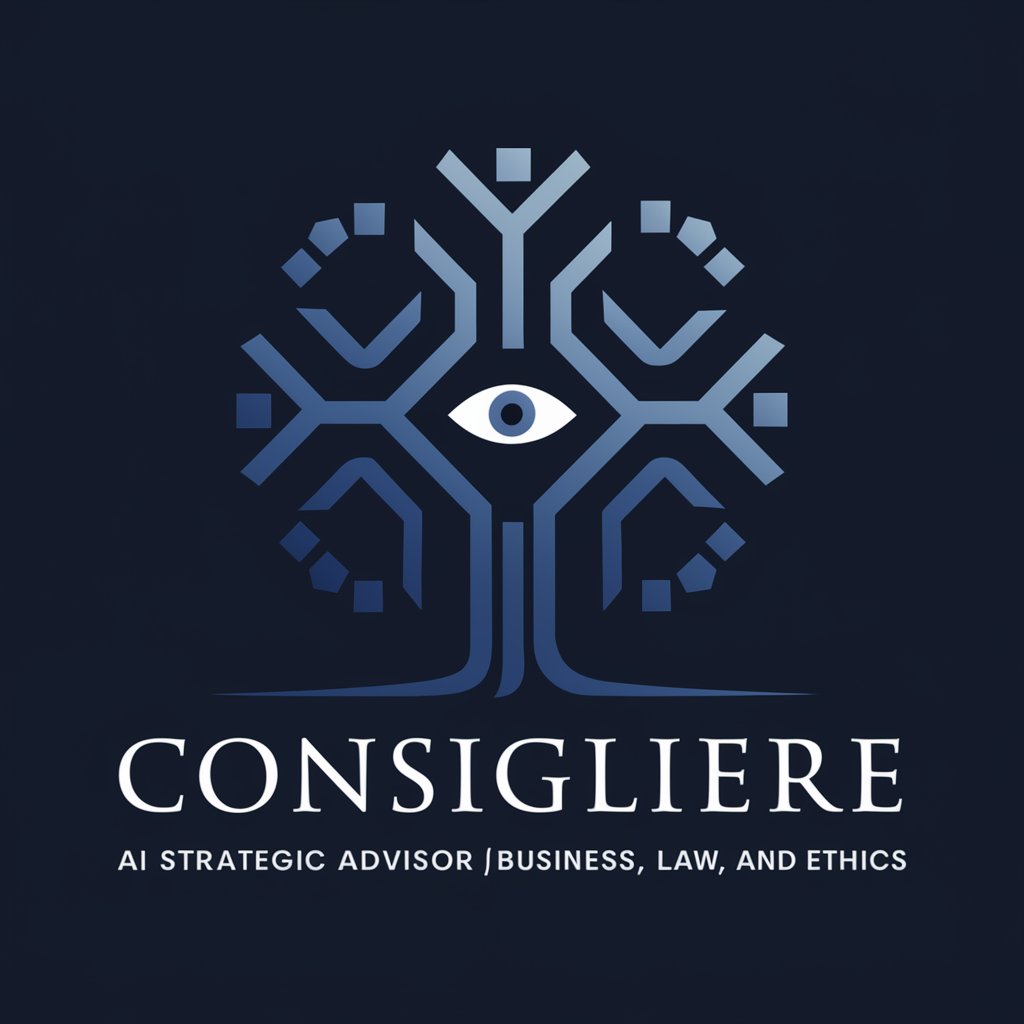
Marketing Plan Formula
Navigate Your Marketing Journey with AI Power

Image Reader
Transcribe images into text effortlessly with AI.

Image Enhancer
Elevate your images with AI magic

LEGOlize Image
Build Your World in Bricks

Frequently Asked Questions About Research Guide
What is Research Guide?
Research Guide is an AI-powered tool designed to assist users throughout their academic research process, from formulating questions to drawing conclusions.
How can Research Guide assist in academic writing?
It helps by providing credible sources, generating visual data representations, and offering tools to analyze and interpret data effectively.
Can Research Guide help with non-academic projects?
Absolutely, it's equipped to support a variety of research needs, including professional and personal projects, by providing tailored information and analysis tools.
What are the main tools in Research Guide?
Key tools include web browsing for real-time information, DALL-E for image creation, and a Python sandbox for executing code and analyzing data.
How does Research Guide enhance research visualization?
It uses image generation capabilities to create graphs, charts, and diagrams that clarify complex data and help convey research findings visually.
